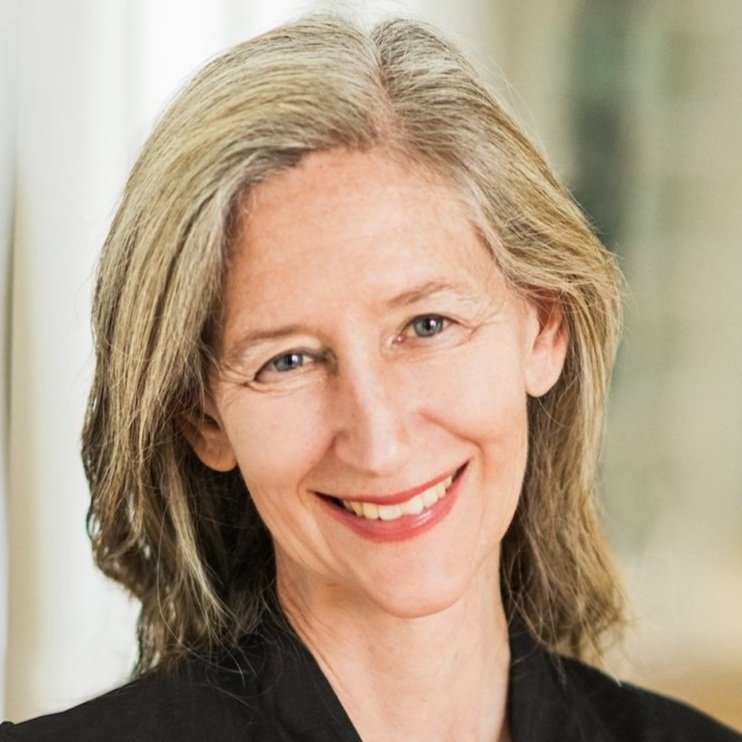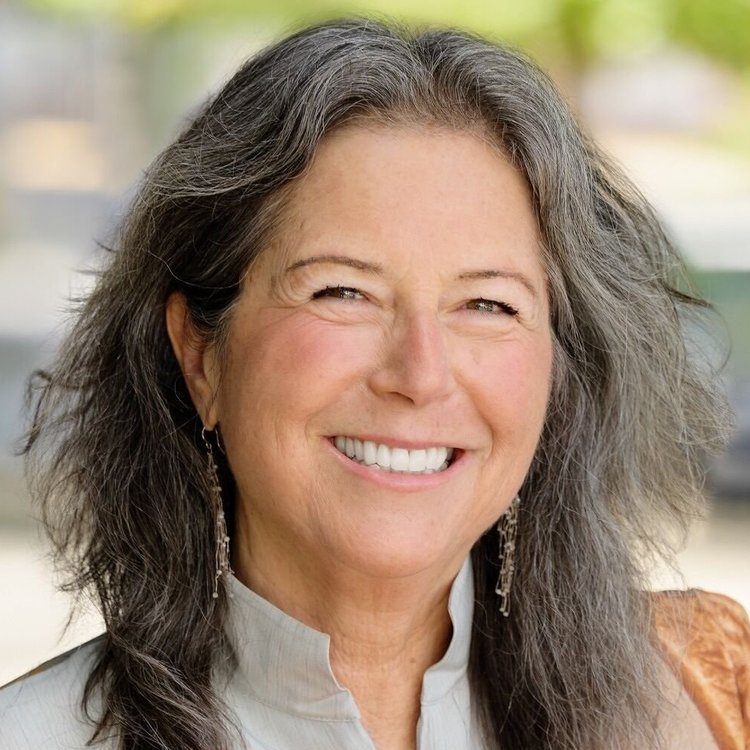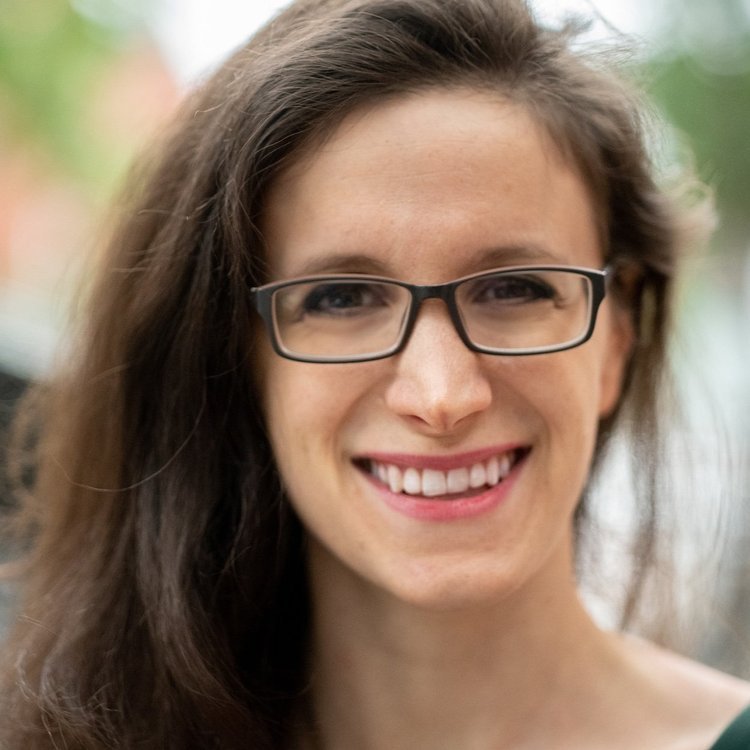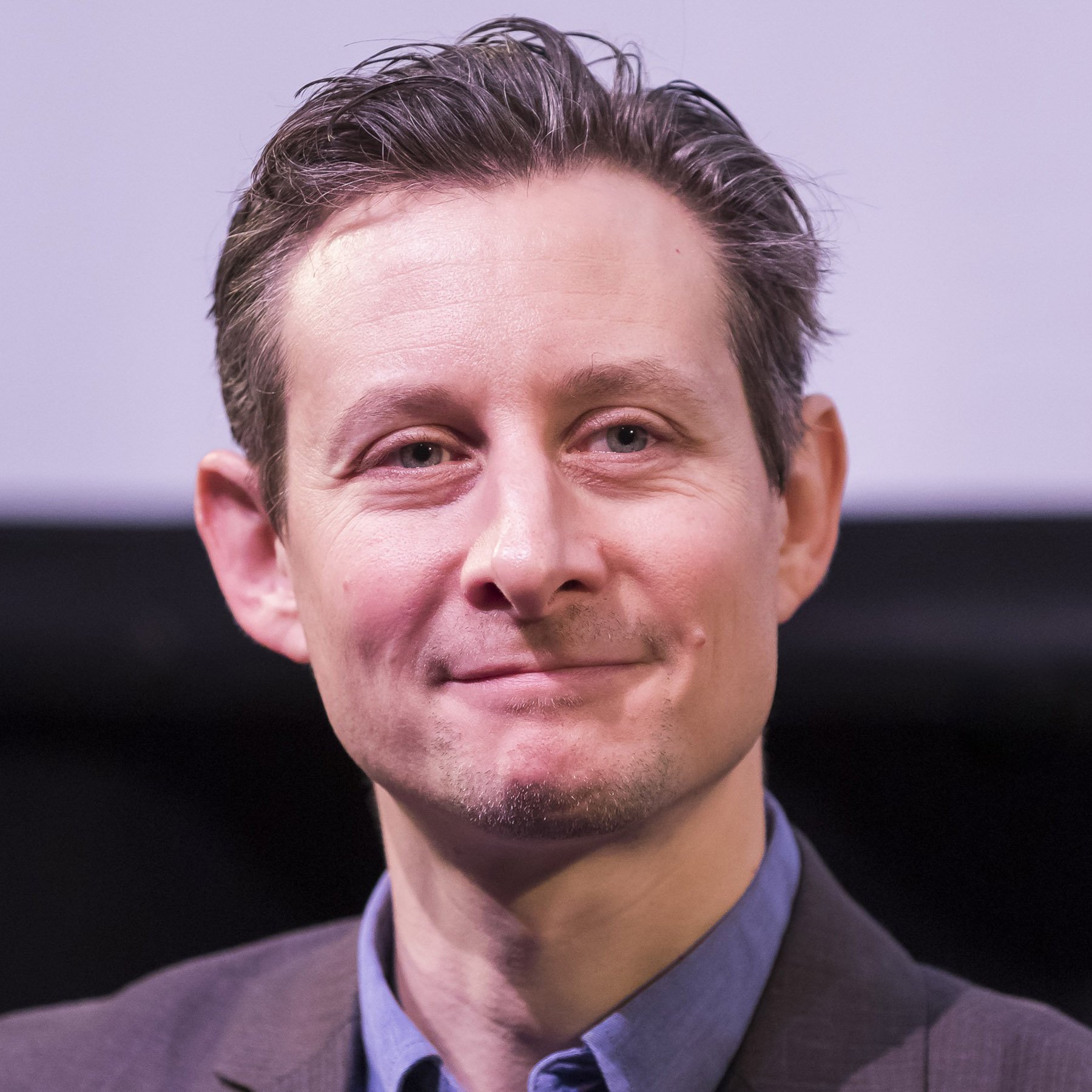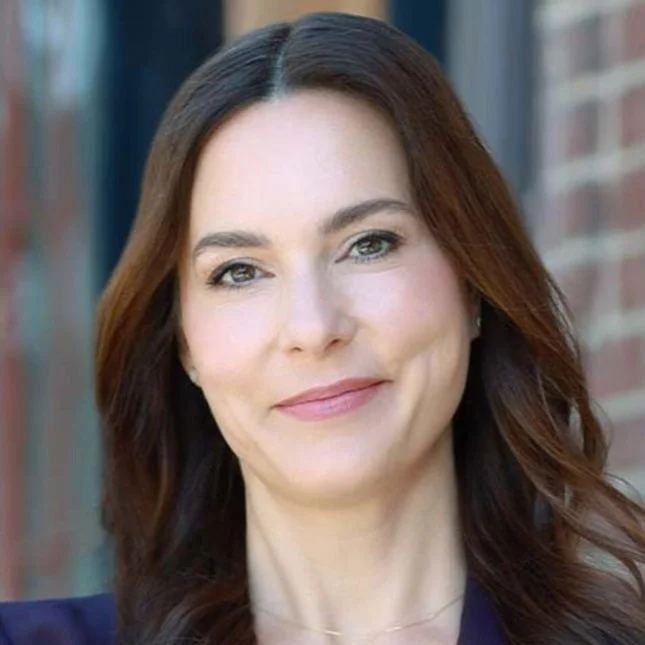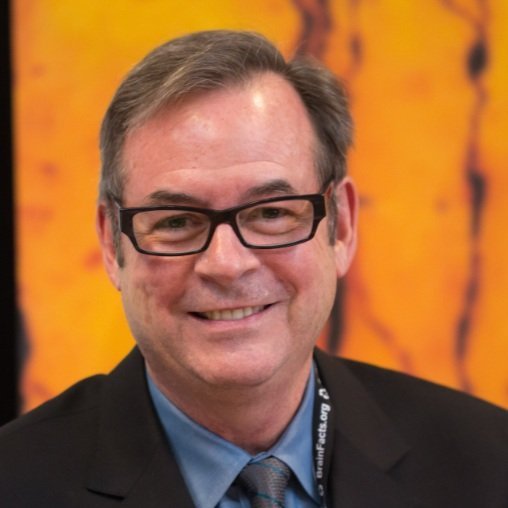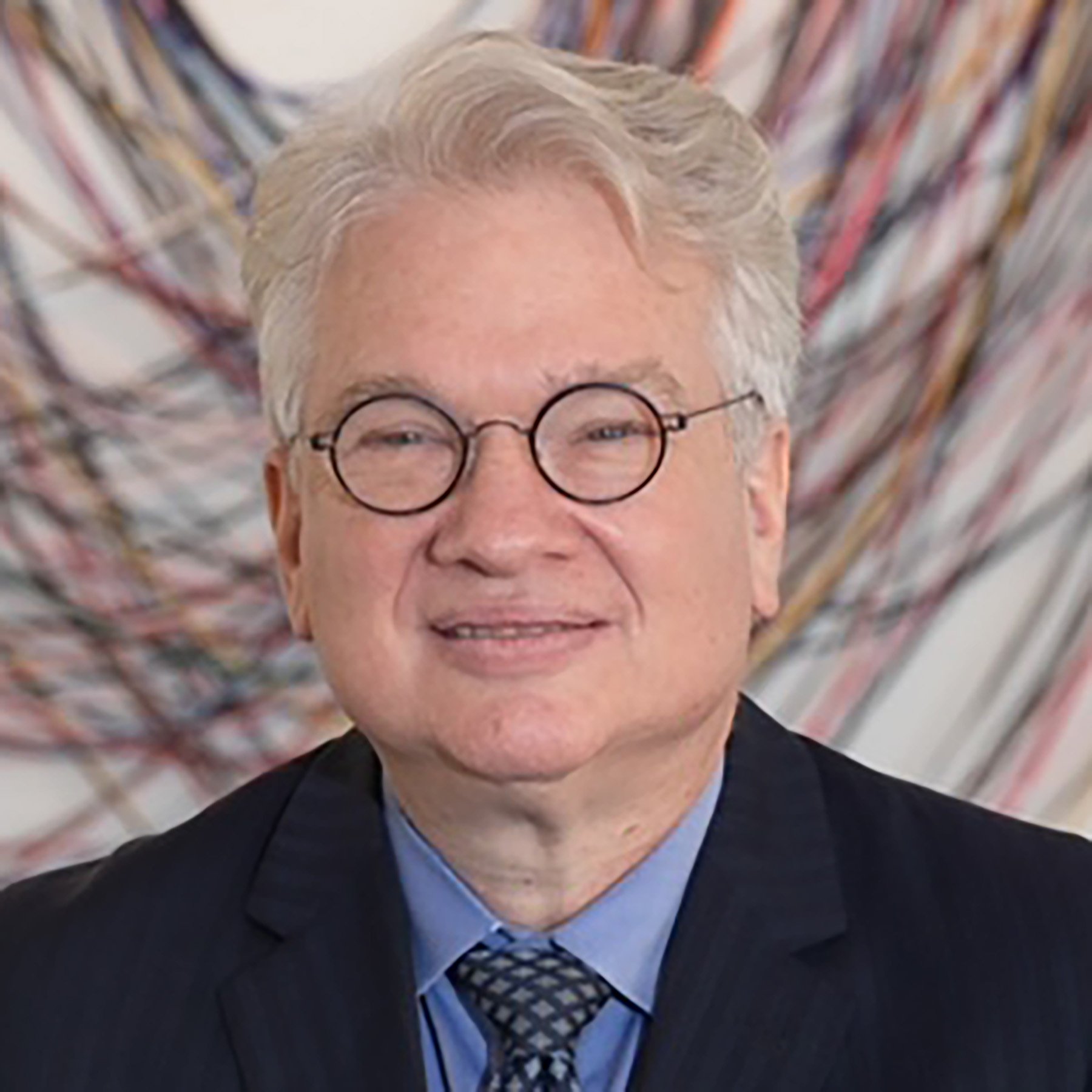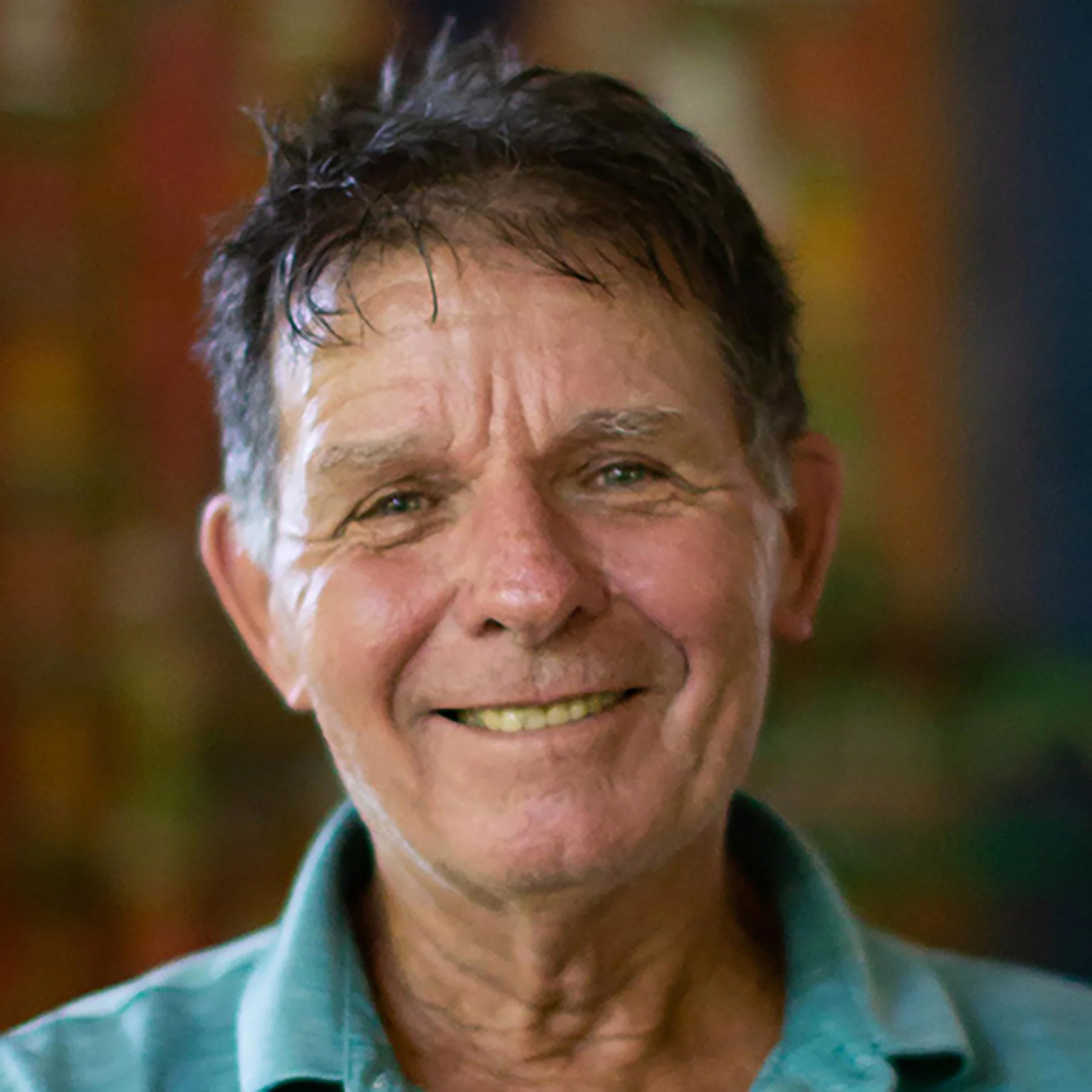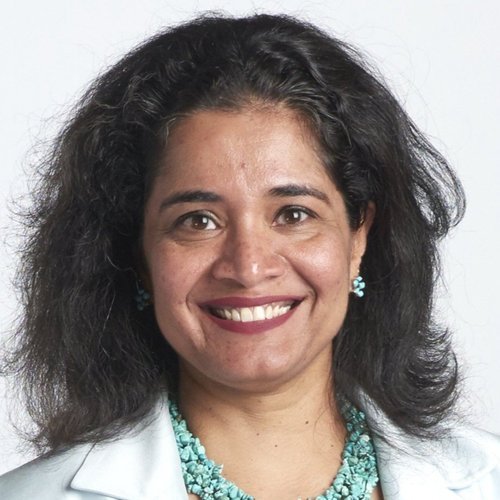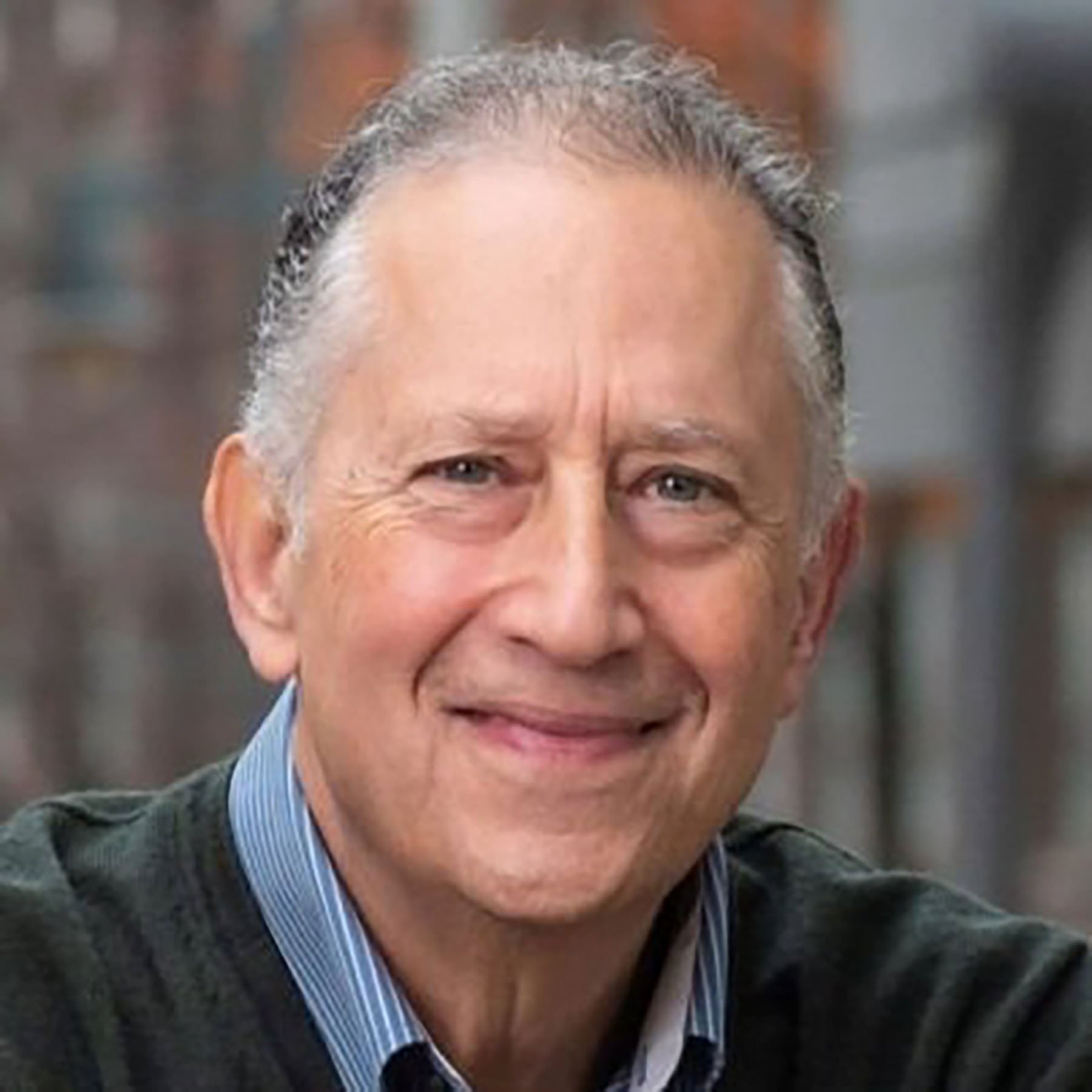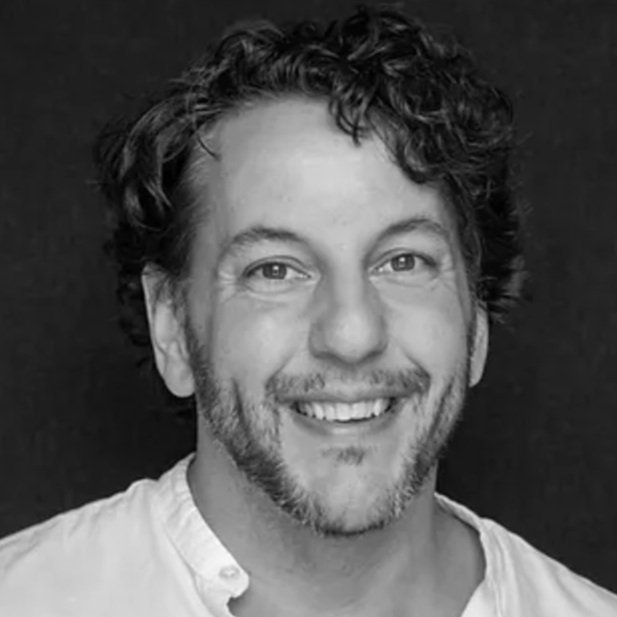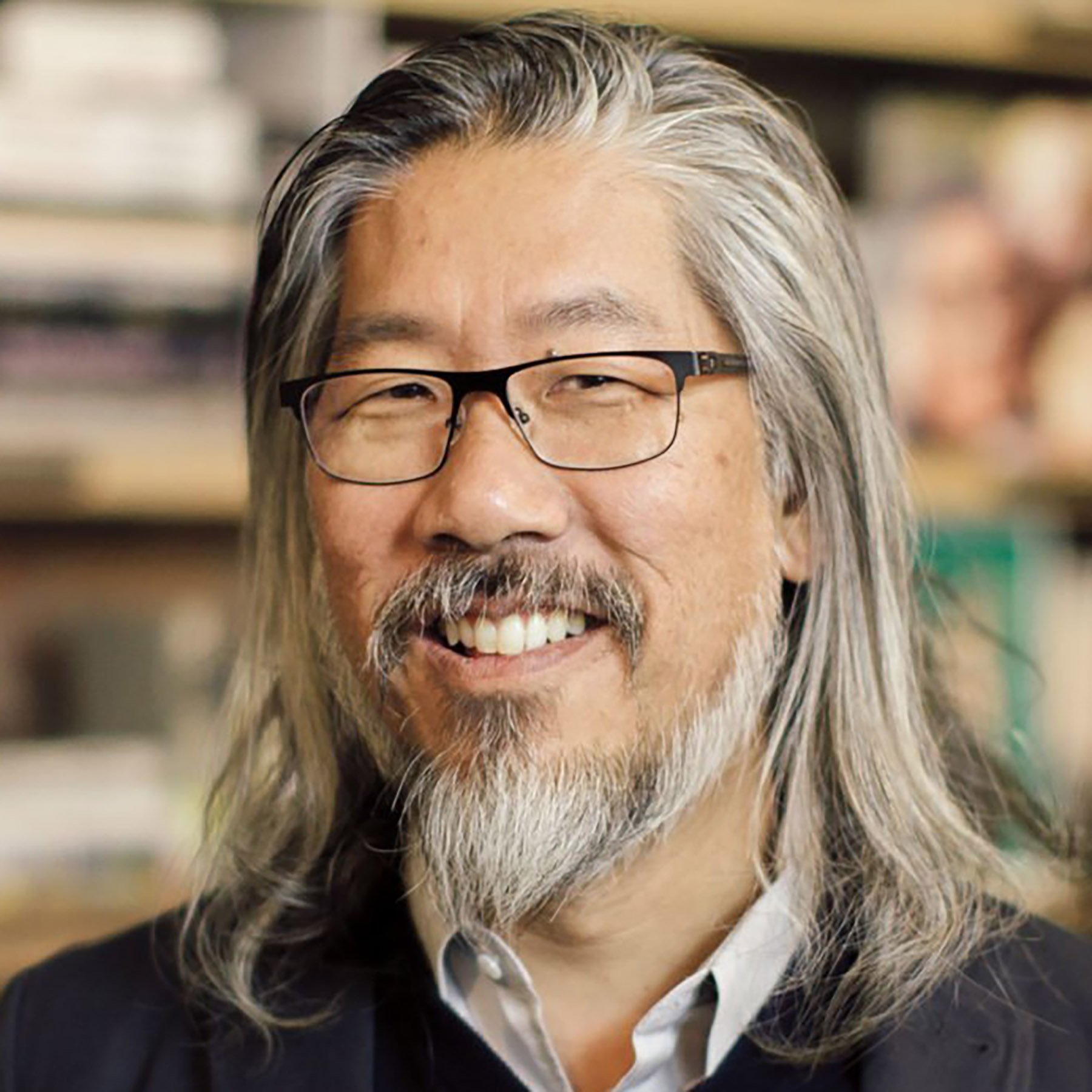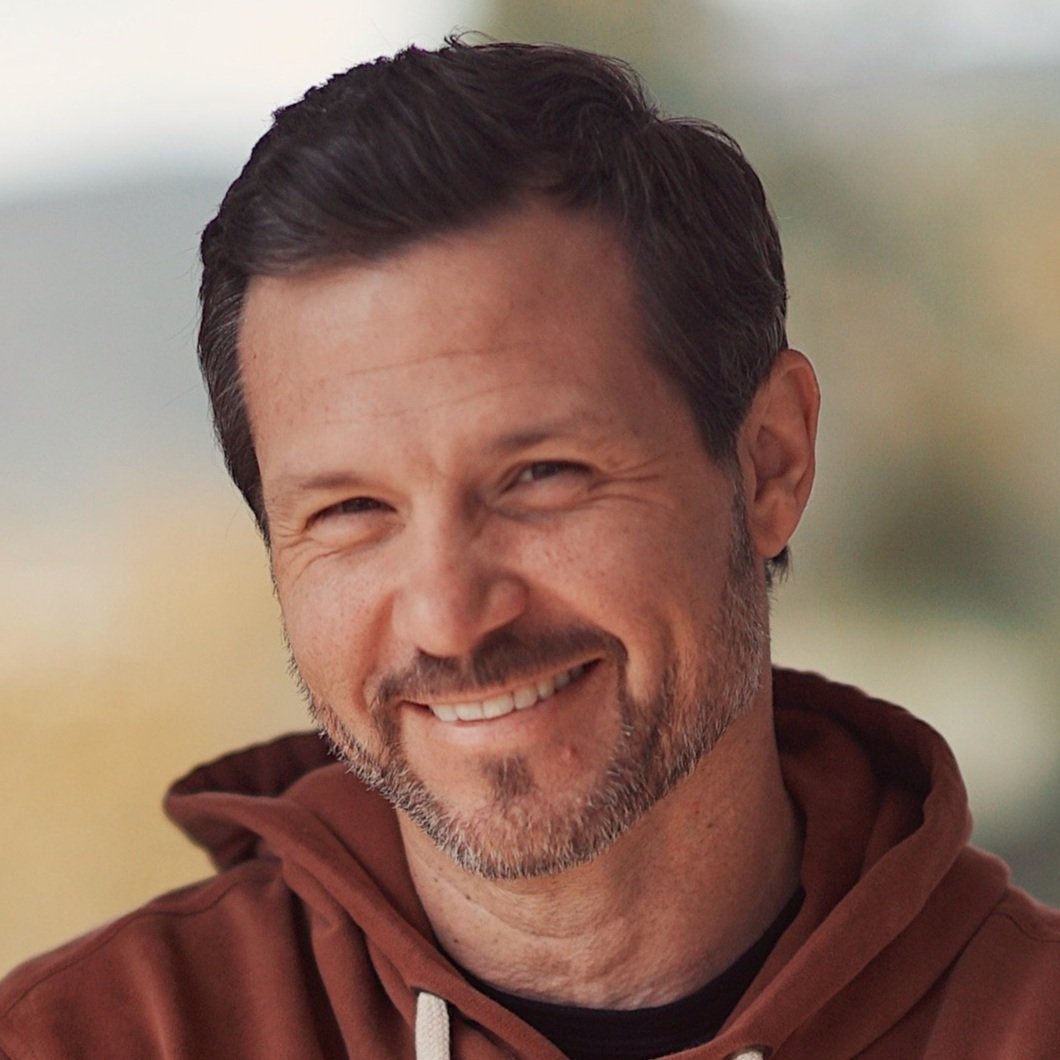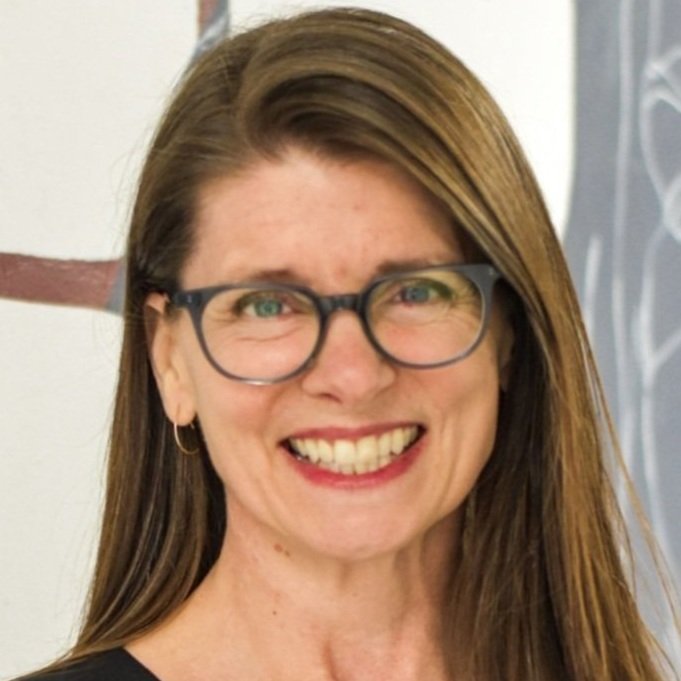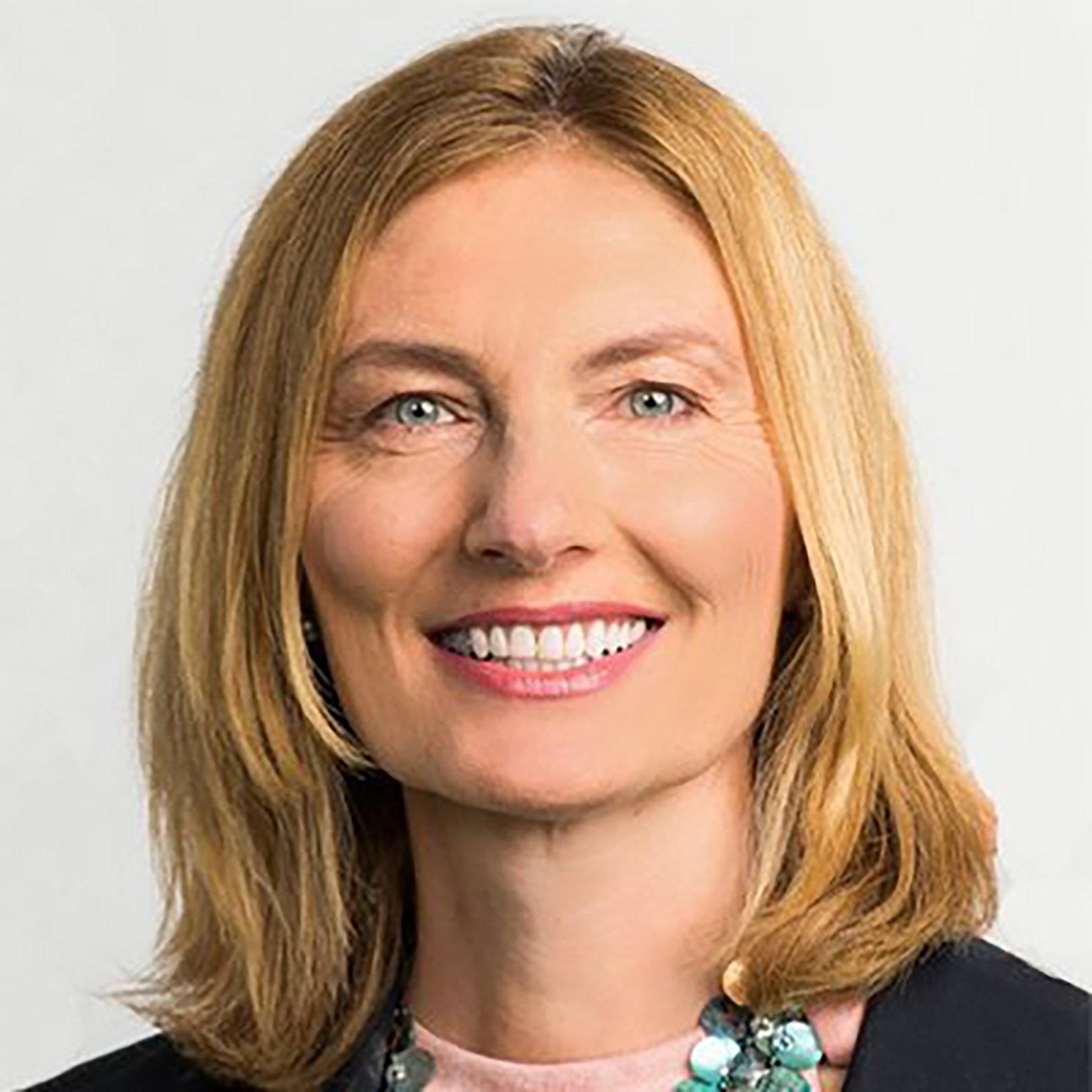
NEW YORK CITY
Friday May 31st: Arts Passport Day
June 1st, 2024: All-Day Forum
Step into a world where the arts are not just entertainment but essential elements for a fulfilling and healthy life. Inspired by the groundbreaking insights of our cohosts, Susan Magsamen and Ivy Ross, in their best selling book "Your Brain on Art: How the Arts Transform Us", this day will be dedicated to exploring how the arts and aesthetic experiences measurably change the body, brain, and behavior. Awaken your senses through the perfect blend of theory and practice - immerse yourself in live artistic experiences where you not only witness but can actively participate in creative expression. Push the boundaries of your mind, feel the changes in your brain and body and experience a whole new way of being.
BrainMind: Your Brain on Art 2024 Highlights
A taste of the forum and samples of the panels:
Photo Gallery
Learning:






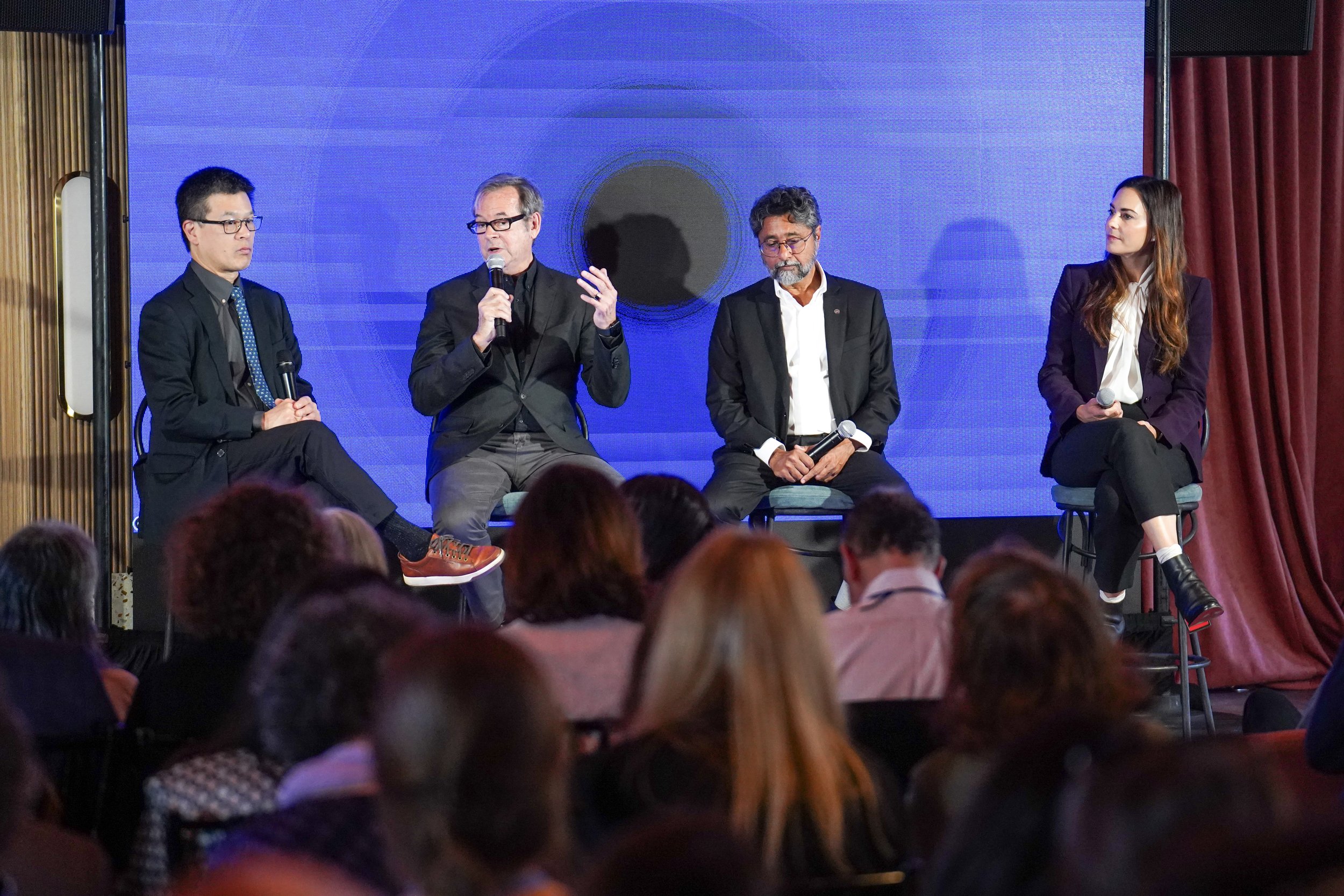









Collaborating:










Experiencing:



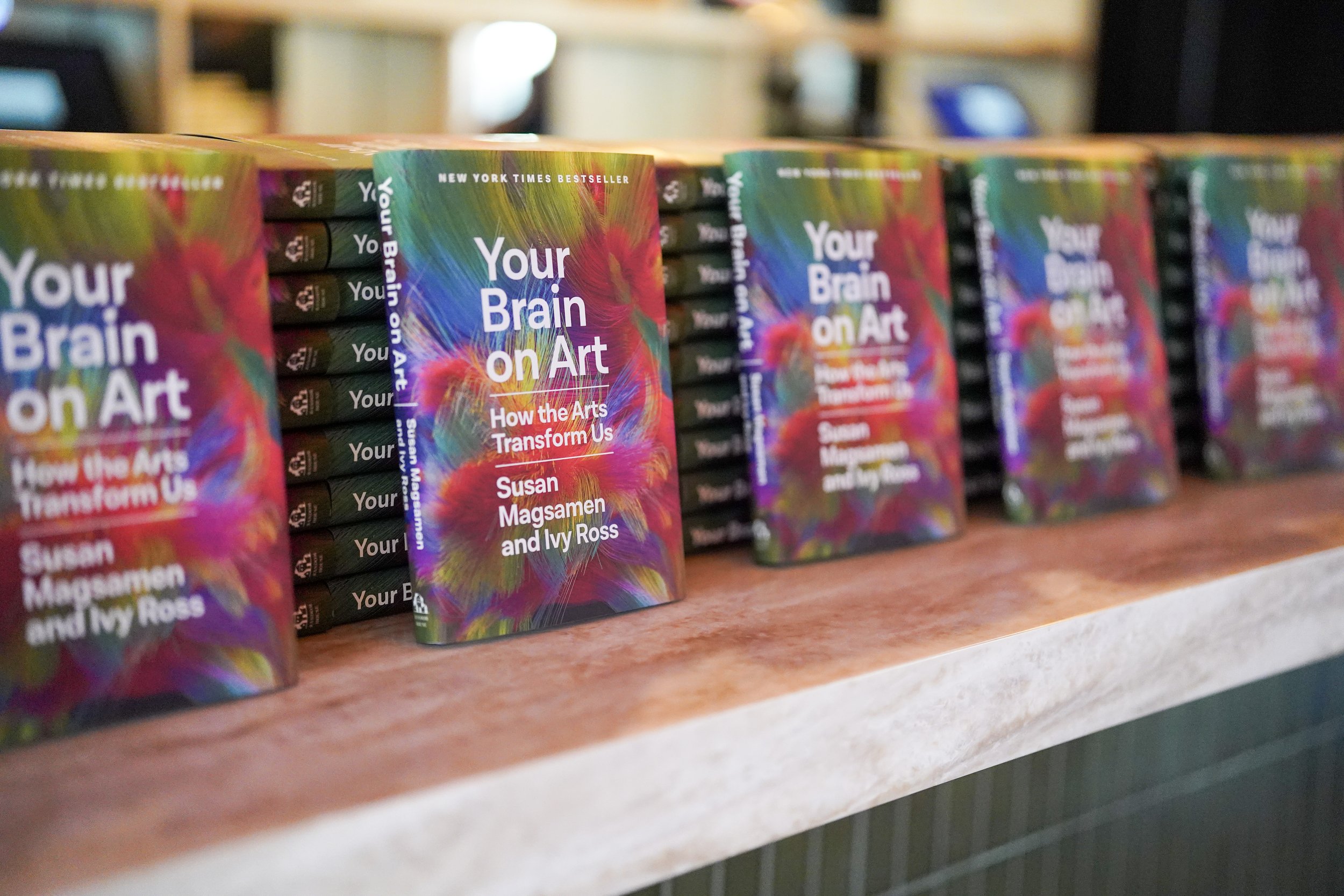










HOSTS
AGENDA
FRIDAY, May 31st, 2024
Arts Passport Day
10:00AM - 5:00PM Passport Activities, small groups will attend art experiences across the city
SATURDAY, June 1st, 2024
Your Brain on Art
7:30AM Breakfast & Registration
8:30AM Welcome
8:50 AM Session 1: Anatomy of the Arts
— PROVOCATEUR—
John Ngai, NIH
Molecular Neurobiology, Cross-Modal Integration, Neurotechnology Innovation
— IMMERSION —
Renée Fleming, Soprano, World Health Organization, NeuroArts Blueprint, Kennedy Center
Arts and Health Advocacy, Research Pipeline
Panelists:
Indre Viskontas, USF/SFMC
Neural Basis of Creativity, Music and Health
Anjan Chatterjee, University of Pennsylvania
Spatial Cognition, Language, Neuroethics, Neuroaesthetics
Rick Huganir, Johns Hopkins
Arts’ Effect on Synaptic Transmission and Neuroplasticity
9:50 AM Break
10:20 AM Session 2: Mental Wellbeing and Health
— PROVOCATEUR—
Rick Luftglass, Laurie M. Tisch Illumination Fund
Health Equity Advocacy, Strategic Philanthropy
Panelists:
Chris Appleton, Art Pharmacy
Social Prescribing, Mental Health
Brandon Staglin, One Mind
Brain Health Research, Psychiatric Disorder Advocacy
Girija Kaimal, Drexel University
Creative Forces, Health Outcomes of Visual and Narrative Self-Expression
Jeremy Nobel, Foundation of Arts and Healing/Harvard Medical School
Mitigation of Illness Through Creative Expression
11:25 AM Session 3: Physical Health
— PROVOCATEUR—
Arianna Huffington, Thrive Global/The Huffington Post
Holistic Health, Mindful Leadership, Conscious Living
Panelists:
BJ Miller, Mettle Health
Palliative Care, Resilience, Holistic Well-being
John Krakauer, Johns Hopkins/Champalimaud Center for the Unknown
Immersive Gaming, Neuro-Restoration and Brain Plasticity
David Leventhal, Mark Morris Dance Group/Dance for PD®
Dance for Parkinson’s Disease
Li-Huei Tsai, MIT
Learning and Memory, Precision Medicine, Alzheimer’s Disease
12:30 PM Lunch with panelists
Michael Murphy + BJ Miller - Spaces of Transition
Jeremy Nobel + Chis Appleton - Art as Medicine
Nina Kraus + Dan Levitin - Harmonizing Medicine & Music
Nick Wilton + Tom Sweitzer - Creative Healing
Sarah Lock + Ellen Galinsky - Artful Advocacy: Navigating Health and Social Impact
Indre Viskontas + Brandon Staglin - Melodies for Healthy Minds
Chris Wilson + John Krakauer - The Creative Process: How and Why
Girija Kaimal + Margaret Chisholm - Artistic Expression in Mental Wellness
Tahlia Natachu-Eriacho + Sunil Iyengar - Arts Research and Practice
Charles Limb + Rick Huganir - Exploring the Auditory Brain
Anjan Chatterjee + Renée Fleming - Arts as a Response to the Malady of our Times
Mary Ittelson + Tooshar Swain - Entrepreneurship and Public Policy in the Arts
David Leventhal + Jill Sonke - Arts and Health in Motion
Li-Huei Tsai - Sensory Frequencies For Brain Health
2:00 PM Session 4: Learning
— PROVOCATEUR—
Deborah Rutter, The Kennedy Center
Cultural Stewardship, Educational Outreach, Arts Engagement
Panelists:
Tom Sweitzer, A Place to Be
Music Therapy, Theater for Healing, Disability Awareness
Daniel J. Levitin, McGill University
Neuroscience of Music, Cognitive and Perceptual Processing
Ellen Galinsky, Families and Work Institute
Children and Adolescent Development, Life and Learning Skills
Nina Kraus, Northwestern
Auditory Learning, Power and Neurobiological Basis of Sound
3:05 PM Session 5: Flourishing
— PROVOCATEUR—
Keith Yamashita, The Institute for Moral Imagination
Strategic Innovation, Design Thinking, Storytelling
Panelists:
Charles Limb, UCSF
Musical Perception, Creativity, Improvisation
Margaret Chisolm, Johns Hopkins
Museum-Based Education for the Flourishing of Health Professionals
Nicholas Wilton, Art2Life
Visual Art, Authenticity in the Creative Process, Purpose
Mary Ittelson, University of Chicago
Disruptive Arts Advocacy, Creative Leadership Development
4:05 PM Break
4:35 PM Session 6: Building Community
Panelists:
Chris Wilson, The Chris Wilson Foundation
Social Justice and Impact, Empowerment, Interconnection
Tahlia Natachu-Eriacho, Zuni Youth Enrichment Project
Intergenerational Leadership, Culturally Grounded Programs, Youth Empowerment
Jill Sonke, University of Florida
Community Health, Medicinal Art, Synaptic Creativity
Michael Murphy, Michael P. Murphy Studio
Intentional Spaces, Environmental Impact on Health
5:40 PM Session 7: Future of the Arts and How We Get There
Panelists:
Sarah Lock, AARP
Brain Health Public Policy, Longevity
Sunil Iyengar, National Endowment for the Arts
Research Resources, Federal Partnerships
Renée Fleming, Soprano, World Health Organization, NeuroArts Blueprint, Kennedy Center
Arts and Health Advocacy, Research Pipeline
Music and Brain Connectivity, Neuroplasticity, Well-being
Tooshar Swain, Americans for the Arts
Arts in Education, Policy, Art Advocacy
6:40 PM Closing and Cocktail Reception

MULTISENSORY EXPERIENCES AND LIVE DEMONSTRATIONS
The forum will include a hands-on NeuroArts activations with exciting inventions, technology demonstrations, and artistic exhibits: melt into VR naturescapes, get in tune with medical grade sound beds, move like never before with techno-interactive music therapy sessions, and more.
TUNE Sound Beds: Enhanced Soundscape for Ultimate Zen
TUNE is a performance technology for your nervous system. They are harnessing the science of sound to reduce stress and anxiety. With the use of proprietary medical-grade vibrations synced with custom neural music, they aim to re-balance the body to its most optimal state in just 15 minutes.
Nick Wilton: Unleash Your Creativity
Experience the impacts of artistic expression first hand, as you join Nick Wilton for a painting class. Nick is the founder of Art2Life Creativity workshops and classes, which is a system of teaching that returns authenticity, spontaneity and joy back into the creative process.
REULAY: Experience VR NeuroArts for Mental Health
Elevate your wellness as you become immersed in soothing naturescapes with Reulay’s virtual reality. This research-backed program is designed to reduce stress and increase focus as users enjoy the tranquil beauty of nature in VR. Immerse yourself in a symphony of calming sights and sounds, allowing your mind to wander freely and recharge amidst the serene landscapes specifically curated for relaxation and rejuvenation.
MedRythms: Transforming Neurotherapeutics
Experience firsthand how MedRhythms is pioneering next-generation treatments tailored for neurological conditions such as stroke, multiple sclerosis, and Parkinson's disease. Immerse yourself in the forefront of innovation as they redefine the landscape of neurotherapeutics.
BRAIN-HEALTHY CUISINE
New research indicates that diet plays a significant role in brain function, impacting everything from memory to risk for brain diseases. We put these exciting findings into practice at our gatherings. You won’t find junky conference fare at BrainMind. Meals and snacks served at BrainMind feature foods and ingredients with published findings for brain health benefit. Learn more about our approach here.
DETAILS
Dates: Friday - Saturday, May 31 - June 1, 2024
Time: Arts Passport Day: 10AM - 5PM; Forum: 7:30AM - 7:00 PM on June 1st
Location: Confidential - see your confirmation email and calendar invites
Hotels: See our recommended hotels here
SUPPORTERS
We would like to thank the following supporters of BrainMind: Your Brain on Art


